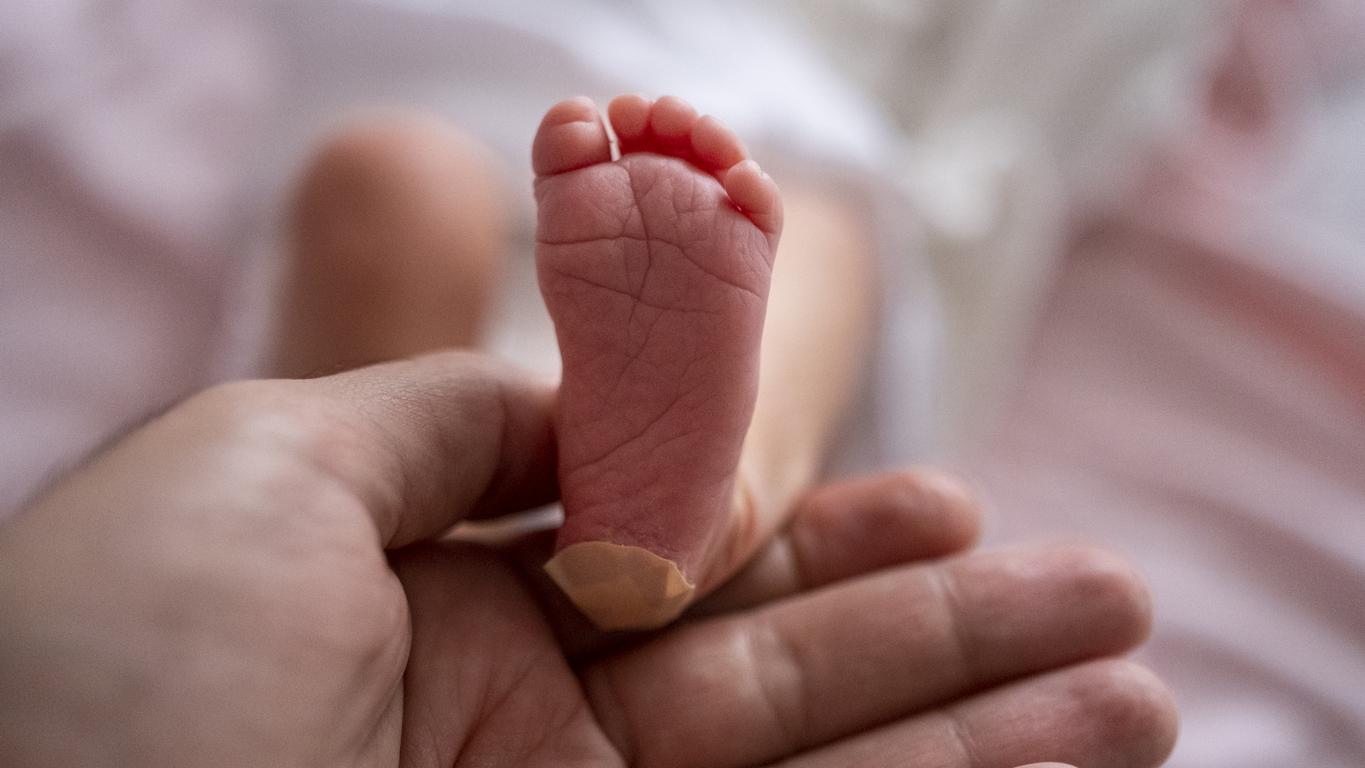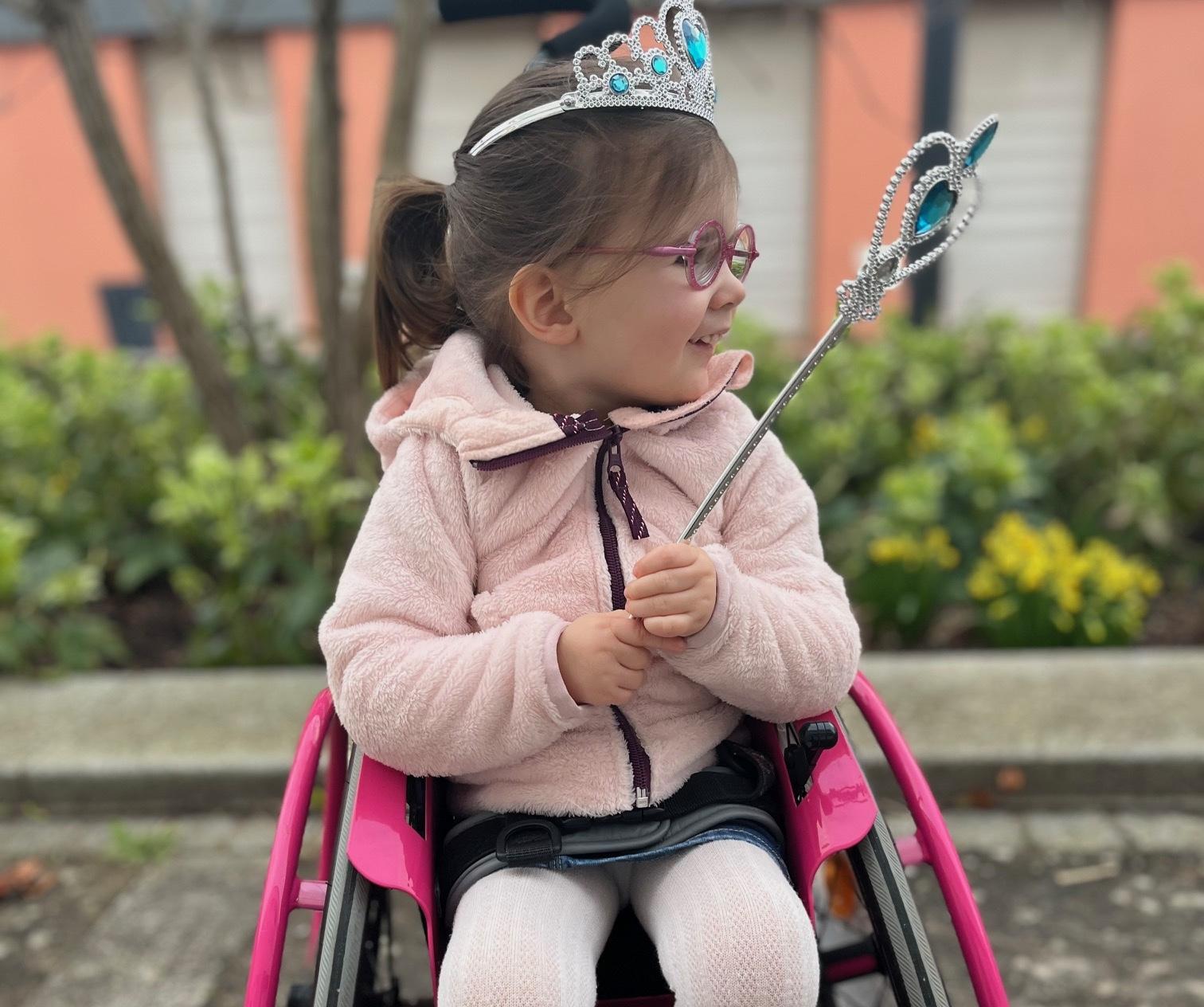The Swiss laboratory Novartis has announced that it will offer 100 randomly selected babies suffering from spinal muscular atrophy (SMA) an injection of Zolgensma, considered the most expensive drug in the world. A lottery system that outrages public opinion.

Can the lives of children with spinal muscular atrophy (SMA) be played in the lottery?
This is the question posed by the recent announcement from the pharmaceutical company Norvatis. The latter has indeed announced that on Thursday it will offer 2 to 100 babies under the age of two a single dose of Zolgensma, the price of which was set last May at 2.125 million dollars in the United States, or nearly 1, 9 million euros. Which makes it, to date, the most expensive drug in the world.
If the generosity of the Swiss laboratory is today the subject of such controversy, it is because the choice of children who will benefit from this innovative treatment will be made by a lottery system. According to Reuters, 50 children will first be drawn to receive the drug in February. The remaining 50 doses will be distributed during the year 2020. France is currently excluded from this draw because of its health system allowing the reimbursement of Zolgensma. At least seven children have already been treated with this medicine.
Outraged patient associations
Affecting between 6,000 and 10,000 children worldwide each year, including 120 in France, spinal muscular atrophy (SMA) is a rare genetic disease. Children who suffer from it cannot sit, trudge or walk like the others. As they grow, their muscles continue to atrophy, they may have trouble breathing, and their vulnerability increases. Many children affected by this genetic disease survive only a few years.
Last May, Laurence Tiennot-Herment, president of AFM-Téléthon, considered the arrival of Zolgensma on the pharmaceutical market as “extraordinary news for patients and their families because it is a terrible disease, which leads to paralysis or death of babies.”
Also, the decision of Norvartis to deliver only one hundred doses of Zolgensma by a system of drawing lots in addition to patient associations. Quoted by 20 minutesco-chairman of ADM Europe Kacper Rucinski believes that this system, akin to a “Russian roulette”, raises many ethical questions. “We fully appreciate that the program will provide access to this promising treatment option to a number of infants around the world. Every life saved is a gift (…) At the same time, we struggle to support the way the program proposes to establish patient eligibility and conduct patient screening. We believe a ‘health lottery’ is an inappropriate way to fairly and equitably address unmet medical needs in this serious illness,” the patient advocacy organization writes on its website.
A point of view shared by the AFM-Téléthon which, in a statement“is indignant that such a program based on a draw could have been imagined and, a fortiori, offered to parents whose child with severe spinal muscular atrophy is condemned to die in the short term.”
A system incompatible with the values of the French health system
For her part, the Minister of Health Agnès Buzyn said she was “very concerned about the draw set up in certain countries for access to treatment with Zolgensma.”
Very concerned about the draw set up in certain countries for access to treatment by Zolgensma, I remind you that France is not concerned: anyone who needs this treatment has access to it.
— Agnes Buzyn (@agnesbuzyn) December 27, 2019
“The principle of drawing lots to access treatment does not correspond to the values of our health system, which aims for equal access to care for all”, continued Agnès Buzyn on Twitter, who indicated that “the ministry is carrying out reflections on the long-term financial sustainability of reimbursement by health insurance for this type of treatment. The new European Commission will again be seized of this major issue.”
Asked by 20 minutesthe General Directorate of Health (DGS) also indicated that it opposes the principle of drawing lots because it “does not correspond to the values of our health system which aims for equal access to care for all.”
.















